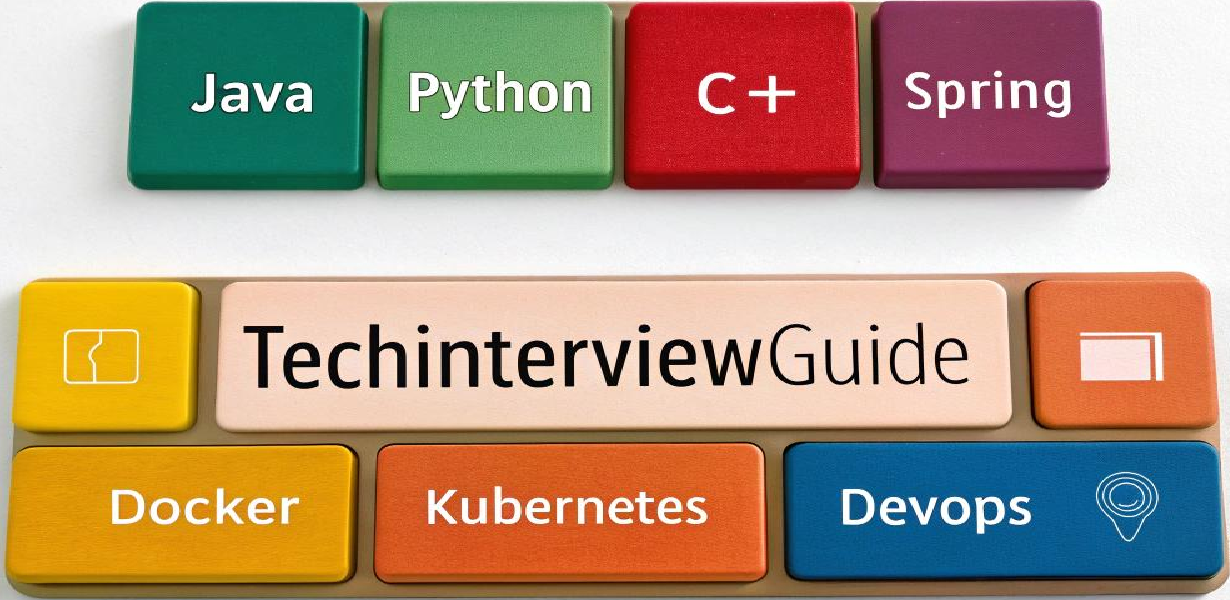What Are the Best Practices for Exception Handling in Java?
Learn about the best practices for exception handling in Java, including techniques to improve the quality and maintainability of your code. This guide provides code examples and expert insights.

